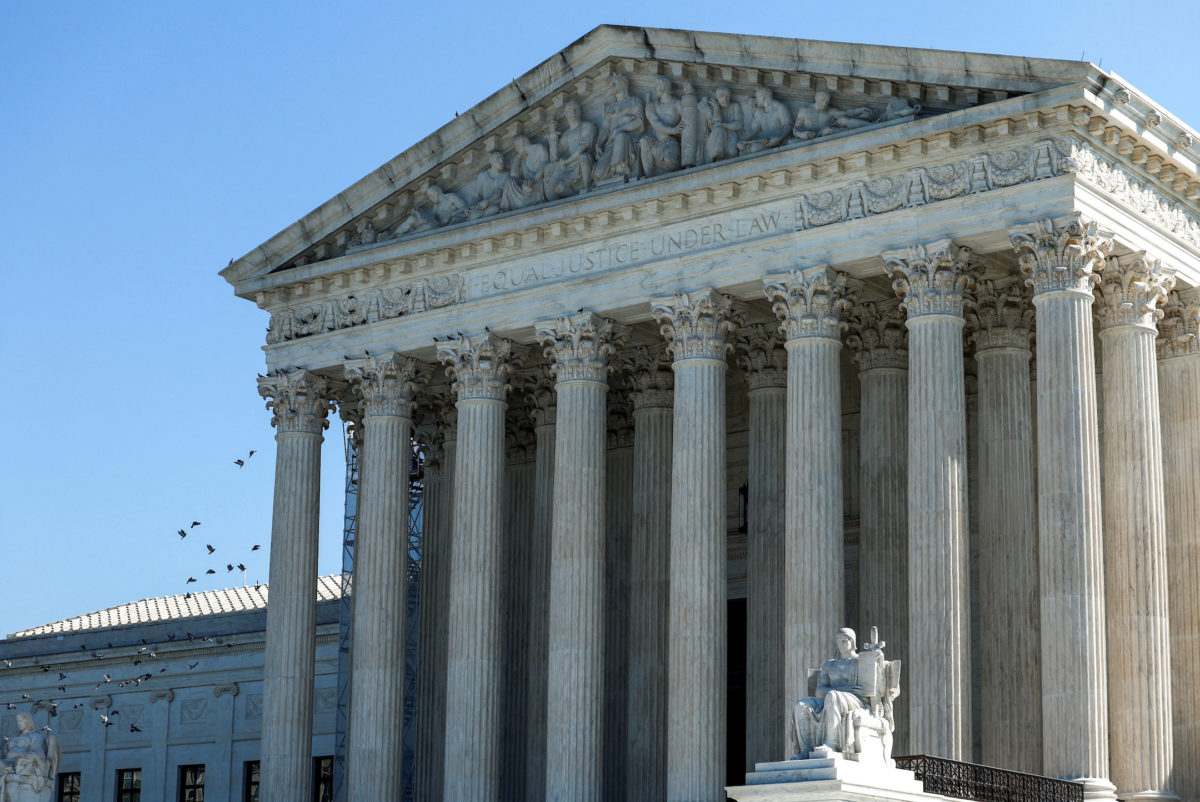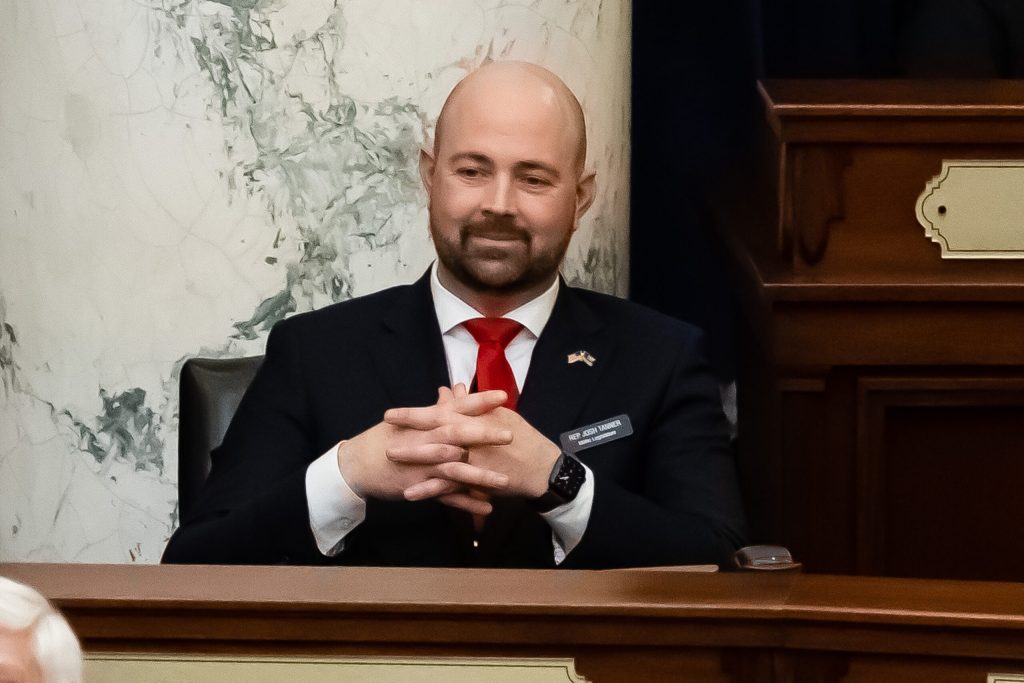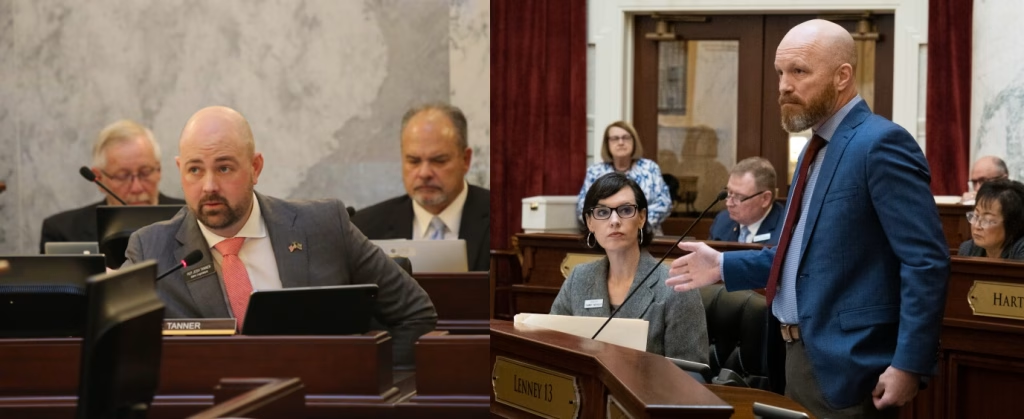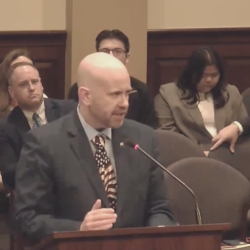The Supreme Court released its decision in the case of Loper Bright Enterprises v. Raimondo this morning, concluding a three-year process of dismantling the administrative state by ending the practice of “Chevron Deference.” Chief Justice John Roberts wrote for the majority:
“Chevron is overruled. Courts must exercise their independent judgment in deciding whether an agency has acted within its statutory authority, as the APA requires. Careful attention to the judgment of the Executive Branch may help inform that inquiry. And when a particular statute delegates authority to an agency consistent with constitutional limits, courts must respect the delegation, while ensuring that the agency acts within it. But courts need not and under the APA may not defer to an agency interpretation of the law simply because a statute is ambiguous.”
Chevron Deference is a legal doctrine stemming from a 1984 case involving the Environmental Protection Agency’s interpretation of its legislative mandate. Under Chevron, courts at all levels were required to defer to agencies in interpreting ambiguous laws, assuming that Congress implicitly delegated that authority to the agencies.
The Administrative Procedures Act (APA) of 1946 grants citizens and organizations the right to seek judicial review of agency actions. However, under Chevron, courts had to defer to the agency’s interpretation of the law in question. Over the past century, Congress has delegated significant authority to the Executive Branch, passing laws with enough ambiguity to allow federal agencies to create their own rules. For instance, in 2005, the Supreme Court deferred to the Federal Communications Commission’s classification of broadband internet as an “information service” rather than a “communications service.” The Court also used Chevron in evaluating Obamacare, granting the Department of Health and Human Services considerable leeway in implementing the law.
I wrote about Chevron and its effects last spring following the Idaho Legislature’s passage of a law restricting state agencies similarly to how Loper has now impacted federal agencies. In both cases, our elected representatives will need to be more precise when crafting legislation, thereby narrowing the scope of authority for bureaucratic agencies.
Along with the earlier decision in SEC v. Jarkesy, which ensures that anyone facing sanctions from bureaucratic agencies is entitled to a trial by jury, the Supreme Court has significantly curtailed the power of executive branch agencies. These are positive steps toward returning to the representative government envisioned by our founders.
About Brian Almon
Brian Almon is the Editor of the Gem State Chronicle. He also serves as Chairman of the District 14 Republican Party and is a trustee of the Eagle Public Library Board. He lives with his wife and five children in Eagle.














One Comment
Comments are closed.